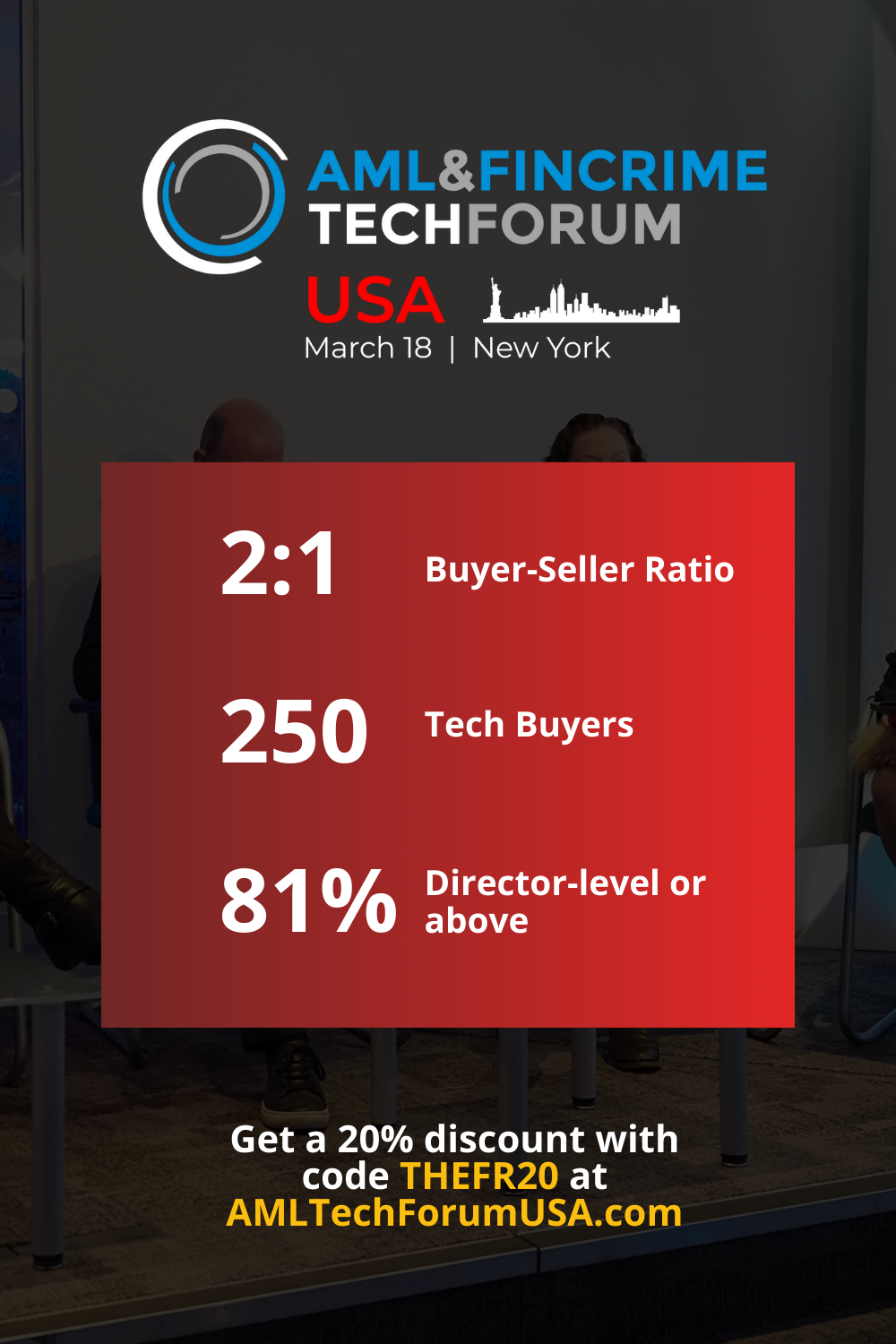Preparing for open banking with Pinwheel
/What
Pinwheel API is a New York-based payroll data connectivity platform. Beyond updating direct deposits or using new data sources to provide financial products, Pinwheel’s business clients can also offer earned wage access directly to the source, in addition to other tech-driven income and payments solutions. Founded in 2018, Pinwheel has raised more than $77 million, including a $50 million Series B round led by GGV Capital, with further investment by firms like Coatue, Franklin Templeton, First Round Capital, and American Express Ventures.
In December, Pinwheel announced that Raj Date, CFPB Deputy Director and Managing Partner at Fenway Summer, was joining the company as an advisor.
“He is joining Pinwheel at a pivotal time for the industry, as the CFPB works to codify financial data rights policies under Dodd Frank’s Section 1033,” said Kurtis Lin, Pinwheel’s CEO and Founder. “These upcoming regulations have the potential to drive more financial inclusion and innovation enabled by income and payroll data.”
Why
According to Lin, Pinwheel’s work, including endeavors therein supported by Date in an advisory role, help ensure that open banking as outlined in Section 1033 of the Dodd Frank Act actually comes to fruition. Open banking requires true portability across all facets. “It’s about how we really build this greater holy grail of true account portability, making sure that data is portable, and making sure that your direct deposits are equally as portable,” he said.
“I think it would be malpractice if we don't have final approval by the time of the next presidential election,” Date said. He anticipates that SBREFA panels will wrap up by the end of this quarter, suggesting that the regulatory landscape for open banking may be actionably clear by the end of this year.
Date said regulatory changes as well as Pinwheel’s larger intentions made him interested in joining them in an advisory capacity. Pinwheel has chosen to function as a credit reporting agency, which lets transaction and payroll data count for loans, complementing the limited range of insights offered by delinquency data alone.
How
Accompanying the institution of Section 1033 of the Dodd Frank Act, which enshrines a consumer’s right to their financial data, through an open banking system, Pinwheel is advocating for payroll data to be included in the definition of consumer financial data. “It’s effectively a no brainer as far as we see it,” Lin said.
Pinwheel has also interfaced with lawmakers, and has noticed that this cause has uniquely bipartisan support. “We know that we're on the right side of history here,” Lin said. Pinwheel has also commissioned studies to buttress its arguments; a survey with more than 2000 participants suggested that more than 80% of consumers are open to sharing income and employment data, especially if doing so opens them up to better financial products. The data Pinwheel integrates can help lenders fill in the gaps, extending loans to consumers they wouldn’t otherwise appreciate as good prospects.
Date said it’s taken so long for regulators to institute open banking rules because of bandwidth. Regulators were overwhelmed with mortgage-related rulemaking in the wake of the 2008 financial crisis; technological developments since Dodd Frank’s passing have also made for a mature fintech landscape. “Technology in the industry has gotten to a point where you’re regulating with respect to a fixed enough set of players and norms, as opposed to trying to set out a bunch of rules before even knowing what the future is going to look like,” he said.
Date anticipates that open banking will significantly affect almost every player in finance and fintech. “If you're basically anybody who's touching the 100-million-plus households in the US and the many millions of small businesses, this is going to impact you one way or another, whether you know it or not,” Date said. Embedded finance, he said, becomes much more functional once there’s a “functional regime around the portability of data.” It may also put wind in the sails of neobanks and their growth strategies, as everyday consumers will be more open to better marketing, products, and pricing.
“As the contours of the rulemaking start to become clear, you absolutely are going to find people who will start working backwards from that endgame to create business models that they’ll thrive in,” he said. “You'll see that by the end of the year for sure.”









